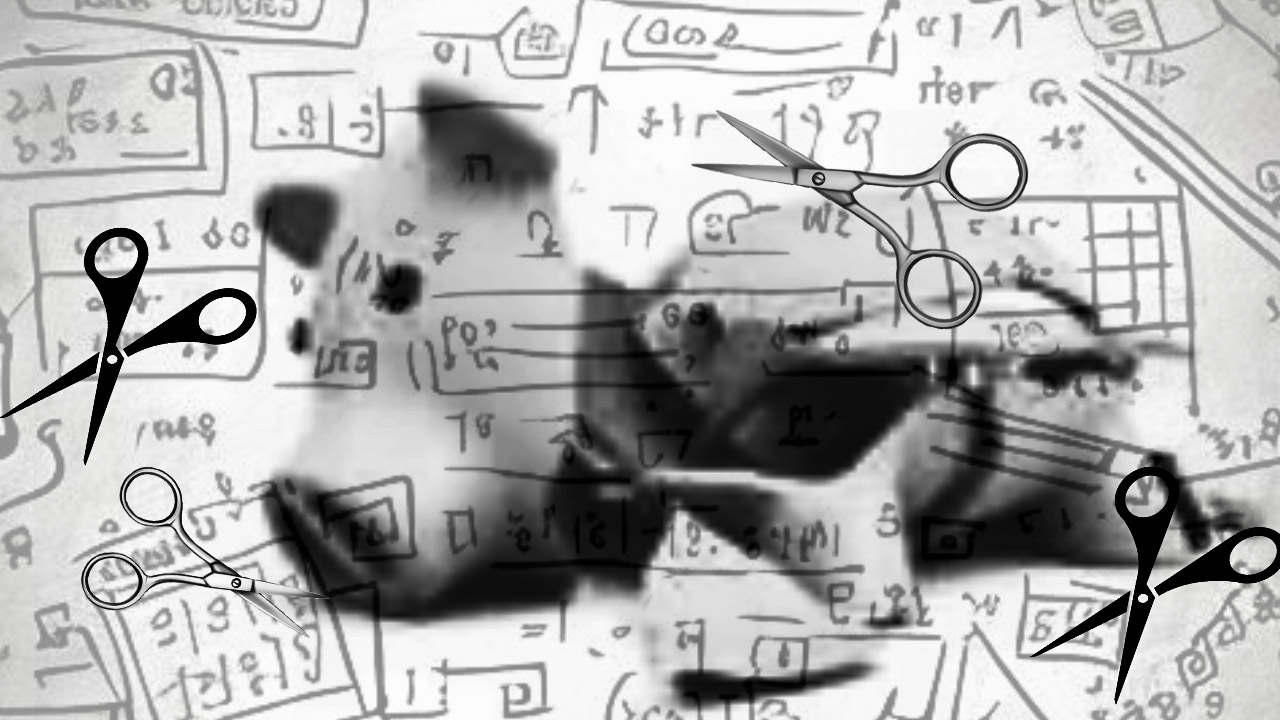Going into 2025, Brock expected a $37 million deficit. After many budget cuts, this number is down to $10 million, but Brock University will still be making more major cuts this year.
Brock University has a budget process deficit of $10 million going into the 2025-26 school year, which will result in library budget cuts, postponed capital refurbishment projects and the reduction of seminars.
Brock President Dr. Lesley Rigg said to The Standard, “We have the same budget as we had in 2014,” meaning underfunding is unavoidable. A Niagara Falls Review article said that “years of inadequate provincial funding, frozen tuition, rising costs and an international student cap has brought Brock to a financial tipping point.”
The library’s budget cuts include cancelling students’ access to major academic journals such as Springer Online (excluding Nature), Readers’ Guide Abstracts, Street & Smith’s Sports Business Journal (print) and Lyell Collection. Permanent access to all Springer journal content from 2024 and earlier will remain available.
This decision was made because, in comparison to the other “Big Deal” subscriptions, “Springer has the poorest value proposition, with relatively lower usage but at a high cost.” Analysis showed that cancelling the Springer package would help Brock save money while having a lesser impact than cancelling other subscriptions. Springer’s cancellation achieves about half of Brock’s budget reduction.
Besides cancelling the subscription to the major academic journal and some other smaller ones, Brock will also reduce their spending on new books and e-books.
According to the Niagara Falls Review, more cuts include “forming a voluntary retirement program for faculty and postponing capital refurbishment projects.”
Dr. Rigg said that she feels confident staff will find a path to sustainability, but that there are going to be “lots of hard choices.” While more information on what choices these will be is still forthcoming, Dr. Rigg mentioned they will be “things that, while we love doing them and they mean so much to our students, we’re not going to be able to afford.”
With Canada’s international student cap causing turmoil among post-secondary institutions, Brock will also be increasing its domestic enrolment and going over its corridor allotment to bring in tuition.
Perhaps the biggest impact that will be seen this year and in the future is the reduction of seminars. Associate Professor and Chair of the History Department Dr. Tami Friedman said this is her biggest concern: “I fear we are at risk of losing something very special that has distinguished Brock from other institutions for many years.”
Already, Dr. Friedman has seen the elimination of third-year seminars in her department for the 2025-2026 school year: “Now we will have three hours instead of four, so that will severely undermine our ability to hold seminars the way we normally do.” Other departments have similarly seen other cutbacks on seminars. For professors, “this is a major blow,” said Dr. Friedman in a statement to The Brock Press.
Dr. Friedman explained that seminars are important because they give students a chance to get to know each other, share ideas, discuss views, ask questions and reach a collective understanding of subject matter. In courses above students’ first year, most professors ask students to work together and share the responsibility of guiding discussion. This is an important skill that promotes collaboration and leadership, which is especially helpful to students who are planning on becoming teachers.
“There’s really nothing like students being able to engage with and learn from each other,” said Dr. Friedman.
Faculty are also under pressure to make sure students don’t have to pay for course materials, even low-cost materials, “as if the best way to cut corners is in the classrooms themselves”, said Dr. Friedman.
For decades, Brock has prided itself on offering specialized learning that promotes individuality, co-operation and connectivity.
Dr. Friedman said the elimination of these seminars cuts costs because the faculty member or teaching assistant that teaches the seminar are paid a stipend for each seminar. The payment rate for teaching assistants in 2021 ranged from $20.11 per hour (undergraduate rate) to $31.63 per hour (graduate rate).
According to Dr. Friedman, some faculty members believe there are people on Brock’s board and high-level administrators who have wanted to get rid of seminars altogether for many years now:
“We also have to consider what choices the administration is making about how to distribute funds. We have a new engineering school, many new high-level administrators, money spent on costly outside consultants hired to ‘find efficiencies’ and carry out responsibilities that used to be done in-house.”
Considering Canada’s near financial recession, increased living costs, and unclear political future, it’s unsurprising that Ontario is seeing so many changes. Ontario also receives the lowest funding of any Canadian province for post-secondary institutions. Brock’s base operating grants (funds allocated for each full-time equivalent student) have declined as a proportion of its revenue for about two decades, with no adjustments for inflation.
Brock is currently working with a third party to examine its processes from procurement to programming to governance, hoping to identify cost-effective actions that won’t impact students too harshly.

